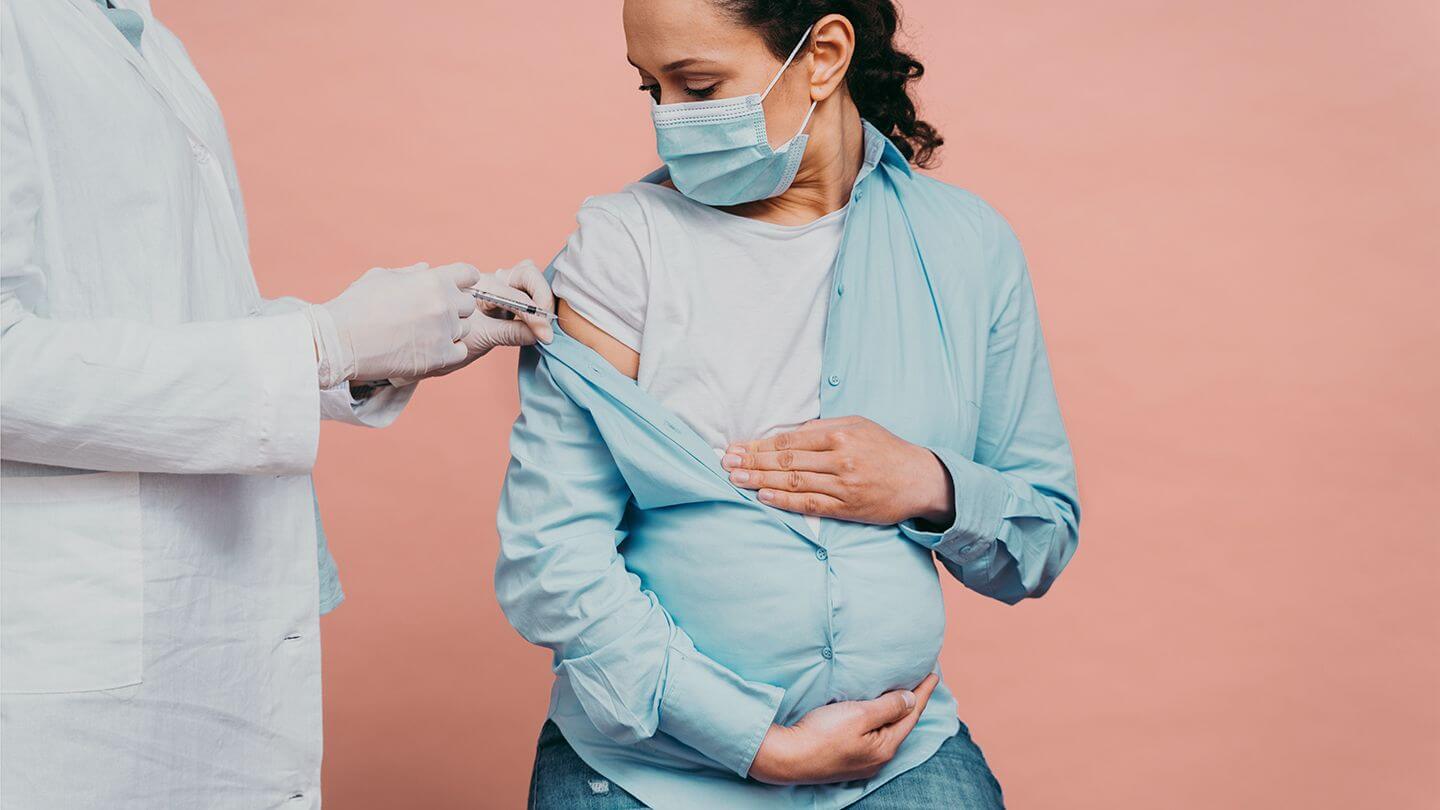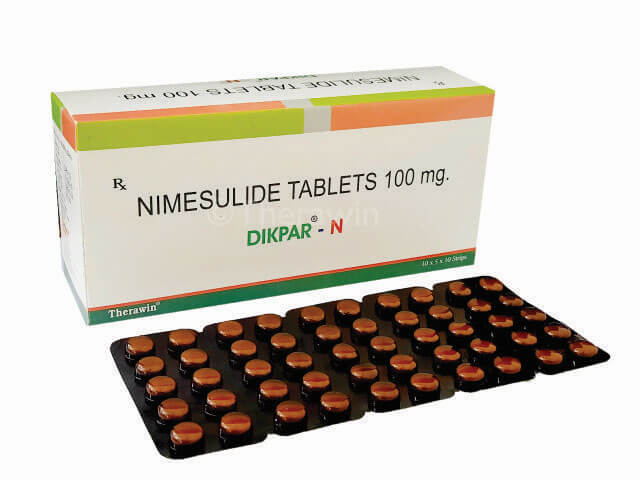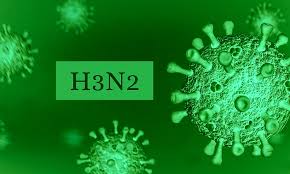Study reveals pregnant women at lower risk of 'caesarean' births after Covid vaccination
Sun 16 Jun 2024, 00:41:23

A recent study, published in BMJ Global Health, analyzed data from December 2019 to January 2023 to assess the efficacy of COVID-19 vaccination among pregnant women. According to the study, vaccinated pregnant women face reduced chances of undergoing a caesarean section or developing hypertension compared to their unvaccinated counterparts. The research aimed to determine the vaccine's effectiveness in protecting pregnant women, particularly those at higher risk of COVID-19 complications.
Research indicates that fully vaccinated women experience significant benefits against Covid-19, including a 61% lower chance of infection and a 94% reduced likelihood of hospitalisation. Additionally, a comprehensive analysis of 67 studies involving over 1.8 million women shows that vaccination correlates with a 9% decrease in caesarean section rates, a 12% reduction in hypertensive disorders during pregnancy, and an 8% lower risk of newborns needing intensive care unit admission when
their mothers are vaccinated. These findings underscore the protective effects of vaccination not only for mothers against severe Covid-19 outcomes but also for improving maternal and neonatal health outcomes.
their mothers are vaccinated. These findings underscore the protective effects of vaccination not only for mothers against severe Covid-19 outcomes but also for improving maternal and neonatal health outcomes.
*Our findings show how beneficial the vaccination programme against Covid-19 has been for pregnant women. As well as the expected benefits from reduced infections, we have also seen a significant reduction in pregnancy complications including hypertension and caesarean sections," said Professor Shakila Thangaratinam, Dame Hilda Lloyd Chair of Maternal and Perinatal Health at the University of Birmingham and lead author of the study.
The researchers mentioned that there is insufficient data and research on the negative effects of Covid-19 vaccination, such as thrombotic events or Guillain-Barre syndrome, to draw any significant conclusions. The number of reported cases of these effects is minimal, making it challenging to derive meaningful findings.
No Comments For This Post, Be first to write a Comment.
Most viewed from Health
AIMIM News
Latest Urdu News
Most Viewed
May 26, 2020
Can Lionel Messi's visit boost Indian football?
Latest Videos View All
Like Us
Home
About Us
Advertise With Us
All Polls
Epaper Archives
Privacy Policy
Contact Us
Download Etemaad App
© 2026 Etemaad Daily News, All Rights Reserved.

























.jpg)
.jpg)
.jpg)


